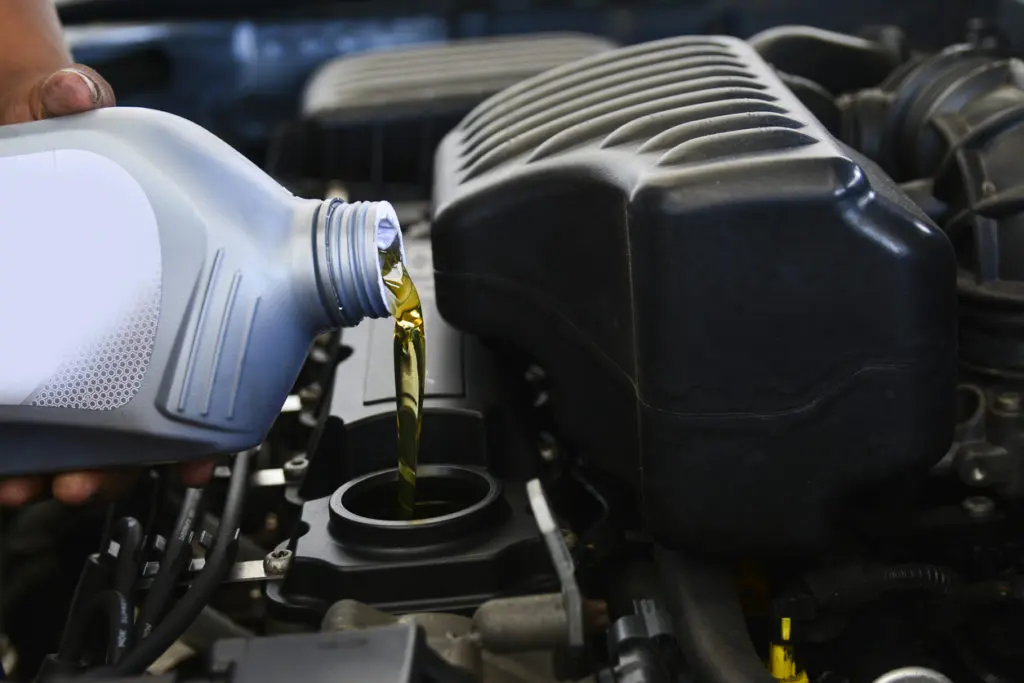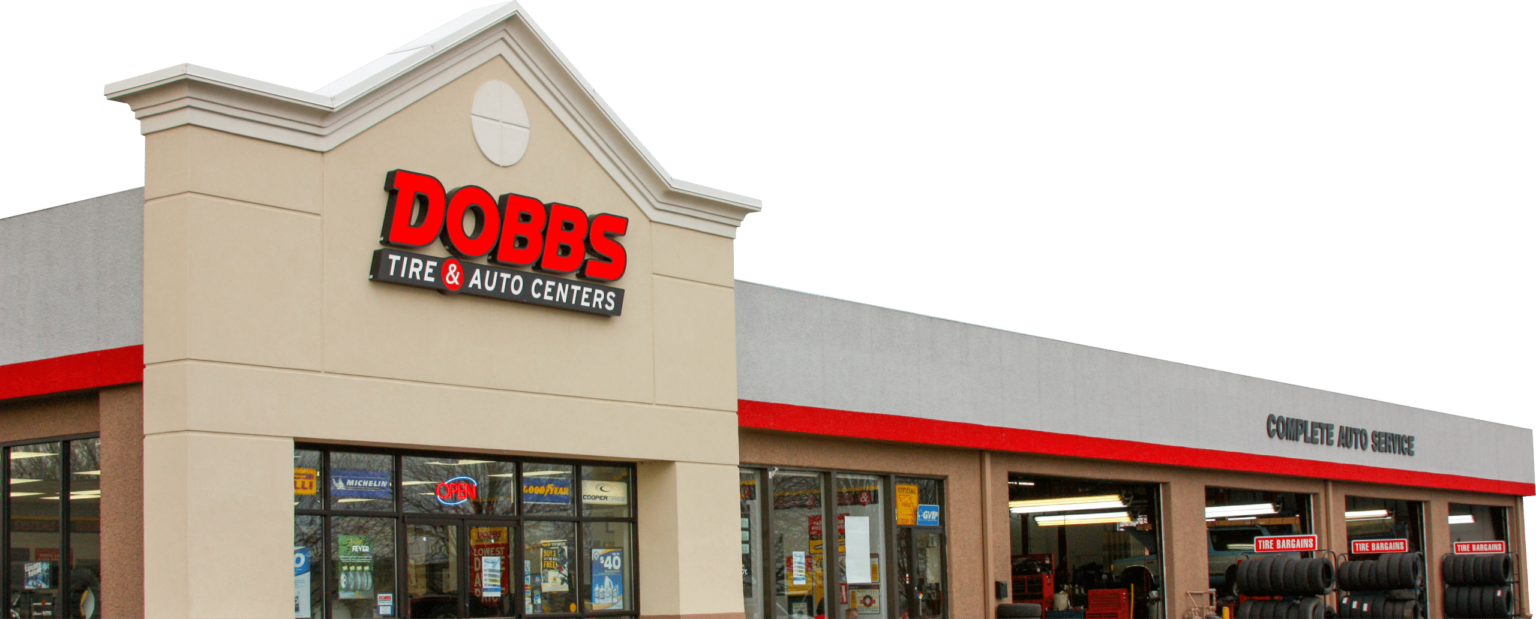Synthetic Oil vs Conventional Oil
Made of hundreds of metal and plastic parts, your car’s engine would hardly last at all if it weren’t for the engine lubrication system. A thin film of engine oil, as little as 0.00002” or 1/100th the thickness of a hair, keeps metal parts from contacting and wearing on each other. Engine oil also works hydraulic systems, such in zero-clearance lifters and variable valve timing systems. Engine oil is constantly subjected to temperature and pressure extremes, and even helps to cool the engine by drawing heat from the pistons.
Over time, engine oil eventually “wears out,” that is, becomes contaminated with metal flakes, condensed water, and oxidized oil. When engine oil is worn out, it no longer flows as well and its ability to protect the metal parts of your engine is decreased. This is why engine oil changes are important, restoring proper lubrication to your engine’s critical parts.
For most of the history of the automobile, engine oil has been the product of petroleum refining, much like grease, diesel, and gasoline, just from different parts of the refining process. In the last couple of decades, synthetic oil has become more common in automobiles. At first, it was limited to high-end and high-performance cars, but more than 70% of new cars come from the factory filled with synthetic oil.
What is Synthetic Oil?
Interestingly, synthetic oil has a long history, reaching back as far as the 1930s. Synthetic oils were developed that didn’t gel in the winter or burn too quickly in the engine. Some of the first synthetic oils were used in WWII aircraft engines, though it would take a few decades to make it to the automotive industry. Much of the research at the time actually finds its way into conventional oils today, such as multi-viscosity oils and detergent oils, some of which contain as much as 30% additives.
What makes synthetic oil different from conventional oil isn’t so much its origin, but how it is processed. Synthetic oil can be processed from non-petroleum sources, such as animal fats or vegetable oils, but not necessarily. It can also be derived from petroleum, alongside conventional oils, but it requires more processing. It could be said that synthetic oil is more pure, in the sense that its molecules are more uniform and that it contains less of the stuff that isn’t oil, such as naturally-occurring waxes or sulfur.
Synthetic vs Conventional Engine Oil
Because it goes through more processing, synthetic oil is more expensive, so changing your oil every 4,000-to-6,000 miles is going to be more expensive. Still, for the added expense, synthetic oil does come with a number of benefits:
- More stable viscosity – It doesn’t drag on a cold engine as much, yet maintains its lubricant properties at high temperatures.
- Higher resistance to oxidation – It won’t burn as readily, so it doesn’t break down or generate sludge as quickly.
- Better detergent qualities – In addition to generating fewer of its own deposits, it can clean deposits left by conventional oils.
- Better fuel economy and performance – Because of its higher stability, lighter oils can be used in the engine, which generates less internal resistance. The engine consumes less fuel and generates more power.
Many automakers, noting the benefits that synthetic oil offers, ship their new vehicles with the stuff, perhaps in weights we haven’t seen in conventional oils – 10W-30 is familiar, but 0W-20 might be unfamiliar. We generally recommend sticking with the manufacturer recommendation. If your vehicle ships with 5W-20 synthetic oil, then you should use it at every oil change. If you can’t afford it or it isn’t available, you can substitute conventional oil of the same weight rating, but you should get back to synthetic at the next oil change. This is a great reason to stick with a single shop, one who knows your car and keeps its oil in stock.
Older vehicles and those shipped with conventional oil can also benefit from using synthetic oil, mostly because of its detergent properties. A synthetic oil can dissolve deposits left by conventional oils without leaving many of its own, resulting in a cleaner and longer-lasting engine. If you plan on keeping your car for the long haul, synthetic oil can help you get there. If changing over to synthetic, do not fall into thinking that you can change your oil less often. For full protection, synthetic oil change intervals are the same as those for conventional oil.
Synthetic Oil Q&A
“Can I switch back and forth between synthetic and conventional?” Absolutely, but keep in mind that synthetic oils offer more protection against oxidation and sludge.
“Isn’t synthetic only for high-performance or new cars?” Any engine can benefit from synthetic oil.
“Can I mix oil in the engine?” If you need to top off your engine oil, there is no problem with adding conventional to synthetic, or vice-versa.
“Synthetic oil is twice as expensive. Can I just change my oil at 10,000 miles instead of 5,000 miles?” Absolutely not! This is not a good idea for at least two reasons: First, the automakers have tested this thoroughly, and some of them have failed catastrophically. Second, no oil company or automaker is going to warranty against engine failure following such a long interval.
Dobbs Tire & Auto Centers is Here to Help
If you have questions about engine oil or you need an oil change, then the experts at Dobbs Tire & Auto Centers can help you find the answer. We’ve been maintaining St. Louis engines for forty years. With 45 locations to serve you, getting an engine oil change couldn’t be more convenient! Give us a call or stop in, today.

